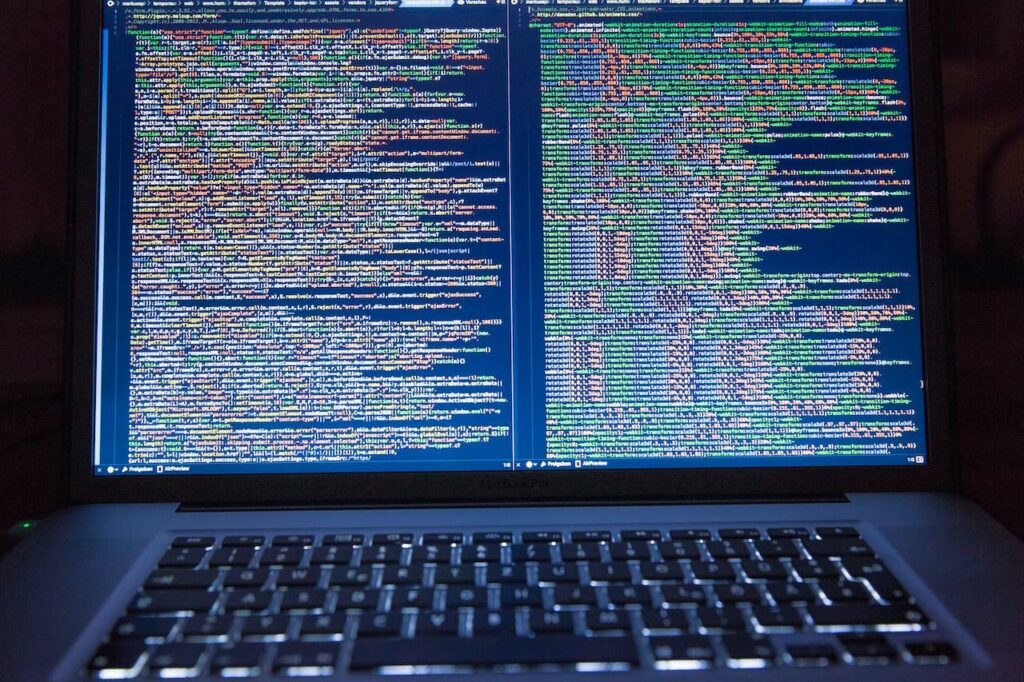Why is it Important to Secure Personal Identifiable Information?
PII are the information stored with an agency or government that can be used to identify an individual using the data stored in the server. This information is essentially your name, date of birth, and any other record that can be used to identify yourself. These can also include your Aadhar number, PAN card, voter identity, and even biometric data.
The information classified as PII depends on the rules and regulations of the home country. The information is classified as PII and Non-PII based on the extant laws. The Non-PII data generally include information such as photographs, geography, and place of origin. However, it is also subject to the rules of the home country. Getting access to any set of PIIs may help access another set of information and then target any particular individual. This is the reason why the PII information should be kept secure.
The PII information can also be classified as sensitive PII and non-sensitive PII. Any publicly available information about an individual can be considered as non-sensitive PII. Getting access to this information by an outsider cannot be used to target an individual. This information includes the place or origin, area code, gender and religion details. On the other hand, if sensitive PII information gets shared with the public, its wrong usage by an outsider can cause harm to the individual. Therefore, most of the sensitive information about an individual is stored in a secured database or by Government institutions. These are also stored in encrypted digital format by the individuals.
A database with weak encryption or transferring data by loosely encrypting it may expose this data. When this data is obtained within attackers’ access, they can target a particular individual. This targeting can be done by phishing or by sending links which can be used to retrieve information on bank accounts. The sensitive information may be used by fraudsters to issue cellular connection or get a credit card, which affects the security of the individual.
In recent times, these types of attacks have increased exponentially. In the name of the CoWin vaccine during the COVID–19 period, information on the individual was gathered. Similar incidents have occurred where data breaches have happened on a large scale.

Though managing security for sensitive PII in government databases is challenging, one can take necessary steps to prevent their data from being readily available to the attacker. A fraudster URL may be recognised by checking whether the Hypertext Transfer Protocol (HTTP) is secured. If the link is connected, the URL will be suffixed at the end of HTTP, i.e. HTTPS. The ‘s’ in the HTTPS inform that the URL is safe and secure for usage by an individual. Using a Virtual Private Network (VPN) can ensure that your data is not getting leaked when connected to a public network. VPN-enabled systems will scan the public network, check for any malicious activity, and ensure there is no data breach.
Aadhar card data can be secured by using the biometric lock provided by the UIDAI website, which locks your information. The information cannot be accessed by a fraudster by just knowing the Aadhar card number or getting access to your Aadhar card. It is also important not to share your sensitive PII publicly by sharing photographs of your card on social media platforms. An eye on your bank account transaction can help you get an alert in case any fraudulent transaction is observed.


